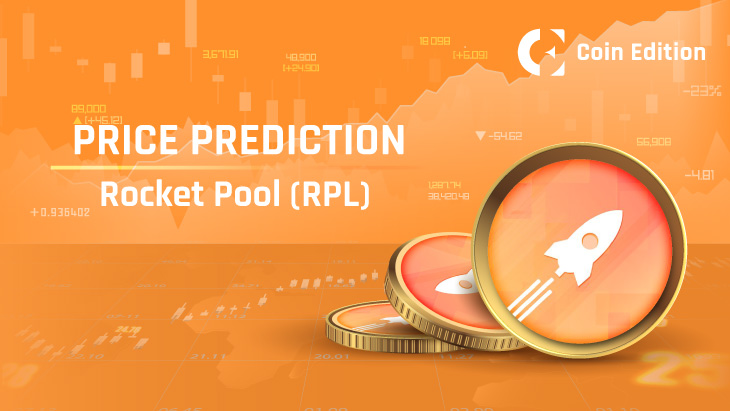- UAE offers a progressive and clearly defined crypto regulatory environment, with Dubai and Abu Dhabi leading the pack
- The government actively promotes blockchain innovation, including public-private partnerships and incentives for tech startups
- UAE’s National Investment Strategy 2031 is setting a goal of a cumulative FDI of AED 1.3 trillion (approximately $354 billion) in the next six years
In light of the UAE’s surge in FDI and proactive regulatory moves, the country is rapidly evolving into one of the most crypto-friendly jurisdictions across the globe. This is mainly due to the fact that the UAE offers a progressive and clearly defined crypto regulatory environment, especially in Dubai and Abu Dhabi.
For instance, Dubai’s VARA (Virtual Assets Regulatory Authority) was created in 2022 and has quickly licensed major players, including Crypto.com, OKX, Binance, and Bybit. Similarly, Abu Dhabi’s ADGM (Abu Dhabi Global Market) also has a well-established framework for virtual assets and is home to several institutional crypto firms.
Both VARA and ADGM offer startup-friendly licensing with available scopes ranging from exchanges and broker-dealers to NFT platforms and DeFi protocols.
Adding to it, dozens of global and regional exchanges, blockchain companies, and Web3 startups have set up operations in the UAE. Plus, the government actively promotes blockchain innovation, including public-private partnerships and incentives for tech startups.
All of this makes the country’s market a fertile ground for any crypto or Web3 entrepreneur, investor, or platform builder.
UAE Ranks 10th Globally for FDI Last Year
The country ranked 10th globally in 2024 for inbound foreign direct investment (FDI), attracting a record AED 167.6 billion ($45.6 billion), which is a 48.7% increase from the previous year.
It captured 37% of all FDI into the MENA region, and stood second globally in the number of new greenfield projects (1,369).
Since 2015, the county’s annual FDI has been on a constant rise, with a 10.5% compound annual growth rate and total FDI stock reaching approximately $270.6 billion by the end of last year.
A lot has changed over the years that have made the UAE a highly attractive business hub it is today. Initiatives like full foreign ownership, 9% corporate tax, streamlined visas, and faster licensing are major contributors to the country’s business proliferation.
Greenfield investment has surged by more than 9% in areas such as software and IT, business services, renewable energy, and oil and gas.
It was reported that the UAE’s National Investment Strategy 2031 is setting a goal of a cumulative FDI of AED 1.3 trillion (approximately $354 billion) in the next six years.
Additionally, a few days ago, state-owned oil firm ADNOC agreed to invest $440 billion in US energy and AI over the next decade. This is a part of a broader $1.4 trillion UAE-US investment framework that is bound to boost the country’s position as a global business hub.
Disclaimer: The information presented in this article is for informational and educational purposes only. The article does not constitute financial advice or advice of any kind. Coin Edition is not responsible for any losses incurred as a result of the utilization of content, products, or services mentioned. Readers are advised to exercise caution before taking any action related to the company.







